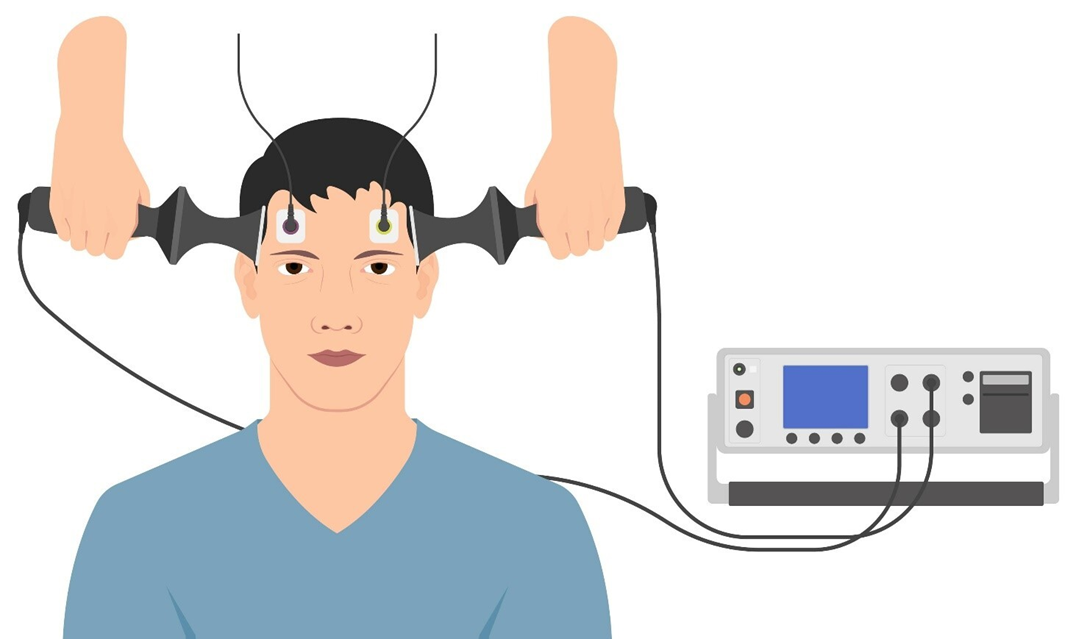A client and their spouse come to talk with the nurse about their suspicion that the client may have intermittent explosive disorder after researching it on the internet. Which behaviors reported by the spouse indicate that the client may be experiencing this disorder? (Select all that apply.)
The explosive episode does not provide a feeling of relief in the client.
The spouse states that the client is mild-mannered and kind unless this occurs.
After having an explosive anger episode, the client was embarrassed and apologetic.
The client punched a hole in the wall and broke furniture during an episode.
The spouse states that the anger arises from something that is not even a big issue.
Correct Answer : B,D,E
Choice A reason: Not feeling relief after an explosive episode can indicate that the behavior is not a controlled release of tension, which is characteristic of intermittent explosive disorder.
Choice B reason: Being mild-mannered and kind does not necessarily indicate intermittent explosive disorder; this behavior could be part of a normal range of personality traits.
Choice C reason: Feeling embarrassed and apologetic after an episode is common in intermittent explosive disorder, as individuals often regret their actions.
Choice D reason: Physical aggression, such as punching walls and breaking furniture, is a key indicator of intermittent explosive disorder.
Choice E reason: Anger that is disproportionate to the situation, especially over minor issues, is a hallmark of intermittent explosive disorder.
Nursing Test Bank
Naxlex Comprehensive Predictor Exams
Related Questions
Correct Answer is ["C","D","E"]
Explanation
Choice A reason: Urinary retention and constipation are not typically associated with tardive dyskinesia, which is characterized by involuntary movements.
Choice B reason: Fine hand tremors and pill rolling are more commonly associated with Parkinson's disease rather than tardive dyskinesia.
Choice C reason: Tongue thrusting and lip smacking are classic signs of tardive dyskinesia, often resulting from long-term use of antipsychotic medications.
Choice D reason: Facial grimacing and eye blinking are also indicative of tardive dyskinesia, reflecting involuntary facial movements.
Choice E reason: Involuntary pelvic rocking and hip thrusting movements can be manifestations of tardive dyskinesia, representing involuntary movements of the body.
Correct Answer is ["A","B","D"]
Explanation
Choice A reason: A cardiac monitor is essential during ECT to monitor the heart's electrical activity, as the procedure can affect heart rate and rhythm.
Choice B reason: A blood pressure monitor is necessary to track the client's blood pressure throughout the procedure, as ECT can cause fluctuations in blood pressure.
Choice C reason: A portable x-ray machine is not typically required in the setup for ECT.
Choice D reason: An EEG monitor is used during ECT to record the electrical activity of the brain, which is crucial for assessing the seizure activity induced by the treatment.

Choice E reason: An ophthalmoscope is not used during ECT; it is an instrument for examining the interior structures of the eye.
Whether you are a student looking to ace your exams or a practicing nurse seeking to enhance your expertise , our nursing education contents will empower you with the confidence and competence to make a difference in the lives of patients and become a respected leader in the healthcare field.
Visit Naxlex, invest in your future and unlock endless possibilities with our unparalleled nursing education contents today
Report Wrong Answer on the Current Question
Do you disagree with the answer? If yes, what is your expected answer? Explain.
Kindly be descriptive with the issue you are facing.
